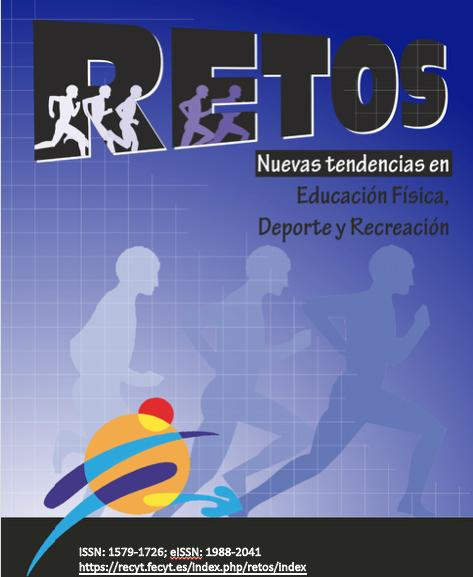Design educational units according to the Nedham model to learn some basic skills in tennis
DOI:
https://doi.org/10.47197/retos.v67.114323Keywords:
Educational units, Ned-ham, basic skills, tennisAbstract
Objective: The purpose of this paper is to preparing educational units for some basic tennis skills according to the Nedham model, and identifying the effect of educational design according to the Nedham model in learning some basic tennis skills.
Research methodology: The researcher used the experimental method using the two equivalent groups method to suit the nature of the research problem. The research sample was selected from the second-stage students in the Department of Physical Education and Sports Sciences, whose number was (45) students. They were divided into two experimental and control groups, each group (20) students, and the remaining students are the individuals of the exploratory sample (5) students. In light of this, the researcher conducted equivalence and homogeneity for the two research groups before applying the program prepared by the researcher.
Result: The researcher attributes the reason the educational design according to the Needham model and its role in the learning process for some basic skills in tennis, as it had a positive impact due to the variety of exercises it contains, which were chosen with extreme precision. The researcher also attributes the differences that appeared in favor of the experimental group to the educational design according to the Needham model
Conclusions: The number of educational units according to the Needham model that were used was more appropriate and suitable in learning some basic skills in tennis.
References
Abdel Majeed, D. E. (2016). The Effect of Employing the Driver Model in Developing Reflective Think-ing and Scientific Exploration Skills in Tennis, Published, Faculty of Education, Islamic Universi-ty of Gaza.
Al-Amoudi, H. S. (2019). The Degree of Chemistry Teachers' Practice of Needham's Constructive Model and Its Relationship to Reflective Thinking, Journal of Education Words - Assiut, Issue 37, Issue 1.
Al-Ashqar , S. F. (2018). Using Needham's Constructive Model in Teaching Science to Develop Analytical Thinking and Self-Esteem among Third-Year Preparatory School Students, Journal of the Facul-ty of Education, Assiut, Issue 34, Part 3, 47-88.
Mahmoud , S. A. (2012). The Effectiveness of Employing the Guided Imagination Strategy in Developing Concepts and Reflective Thinking Skills in Science for Ninth-Grade Basic Girls, Unpublished Master's Thesis, Faculty of Education, Islamic University, Gaza, 19.
Shaalan, R. A., Aboode, M. A., & Radhi, M. N. (2022). The effect of qualitative exercises in developing mo-tor compatibility and learning the skill of volleyball jump set. SPORT TK-Revista EuroAmerica-na de Ciencias Del Deporte, 5. https://doi.org/10.6018/sportk.509331
Shaheen, A. H. H. (2010). Advanced Teaching Strategies, Learning Strategies, and Learning Styles, Facul-ty of Education, Damanhour, Alexandria University.
Downloads
Published
How to Cite
Issue
Section
License
Copyright (c) 2025 Noor Ali Hussain

This work is licensed under a Creative Commons Attribution-NonCommercial-NoDerivatives 4.0 International License.
Authors who publish with this journal agree to the following terms:
- Authors retain copyright and ensure the magazine the right to be the first publication of the work as licensed under a Creative Commons Attribution License that allows others to share the work with an acknowledgment of authorship of the work and the initial publication in this magazine.
- Authors can establish separate additional agreements for non-exclusive distribution of the version of the work published in the journal (eg, to an institutional repository or publish it in a book), with an acknowledgment of its initial publication in this journal.
- Is allowed and authors are encouraged to disseminate their work electronically (eg, in institutional repositories or on their own website) prior to and during the submission process, as it can lead to productive exchanges, as well as to a subpoena more Early and more of published work (See The Effect of Open Access) (in English).
This journal provides immediate open access to its content (BOAI, http://legacy.earlham.edu/~peters/fos/boaifaq.htm#openaccess) on the principle that making research freely available to the public supports a greater global exchange of knowledge. The authors may download the papers from the journal website, or will be provided with the PDF version of the article via e-mail.


